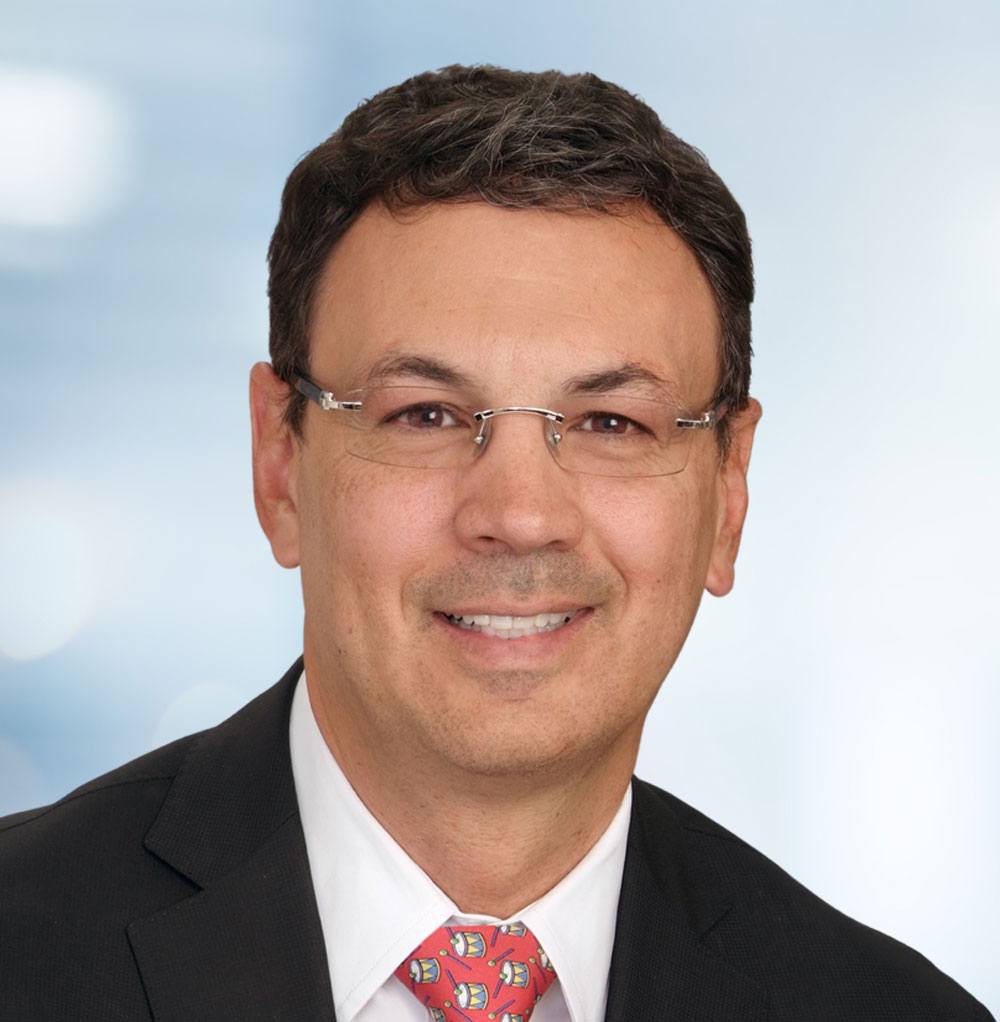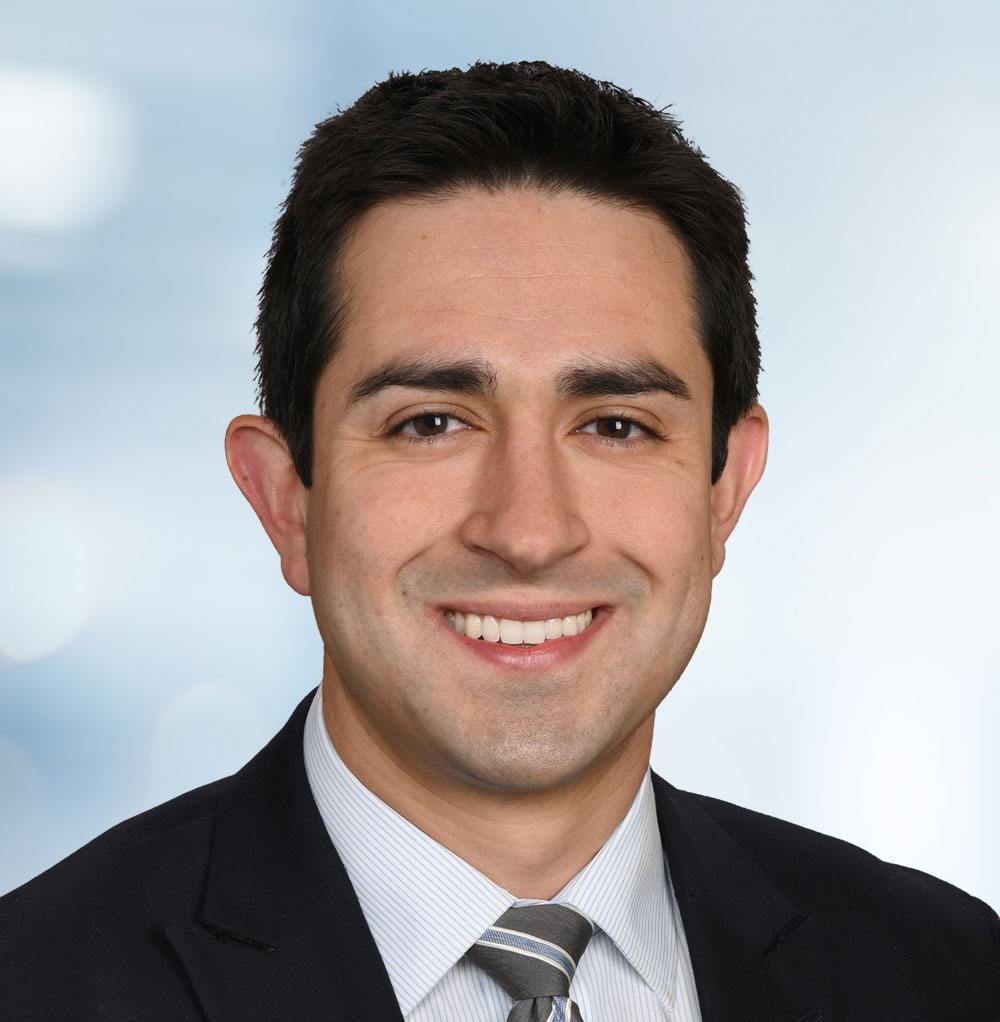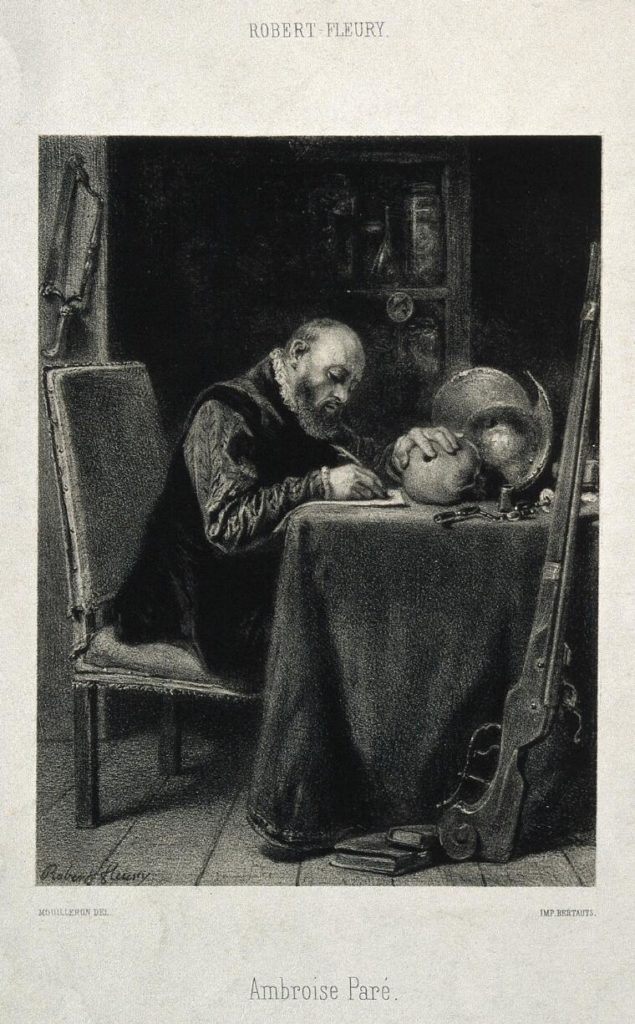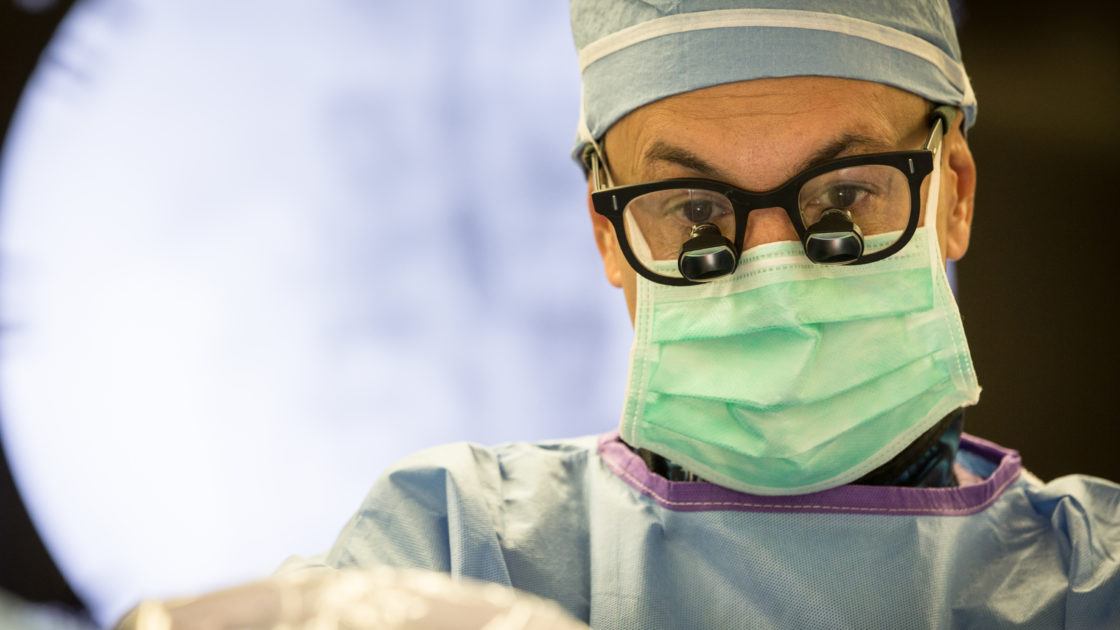
Awards & Recognitions – September 2022
Newsweek: World’s Best Hospitals

Newsweek has again named Barrow Neurological Institute one of the World’s Best Specialized Hospitals for Neurosurgery. In its second year of ranking hospitals in this specialty, the media company continues to recognize Barrow as No. 1 in Arizona. The Institute climbed one spot both nationally and worldwide, sitting at No. 10 and 15 respectively for 2023. The list features 125 hospitals total. Learn more.
CNS Honored Guest
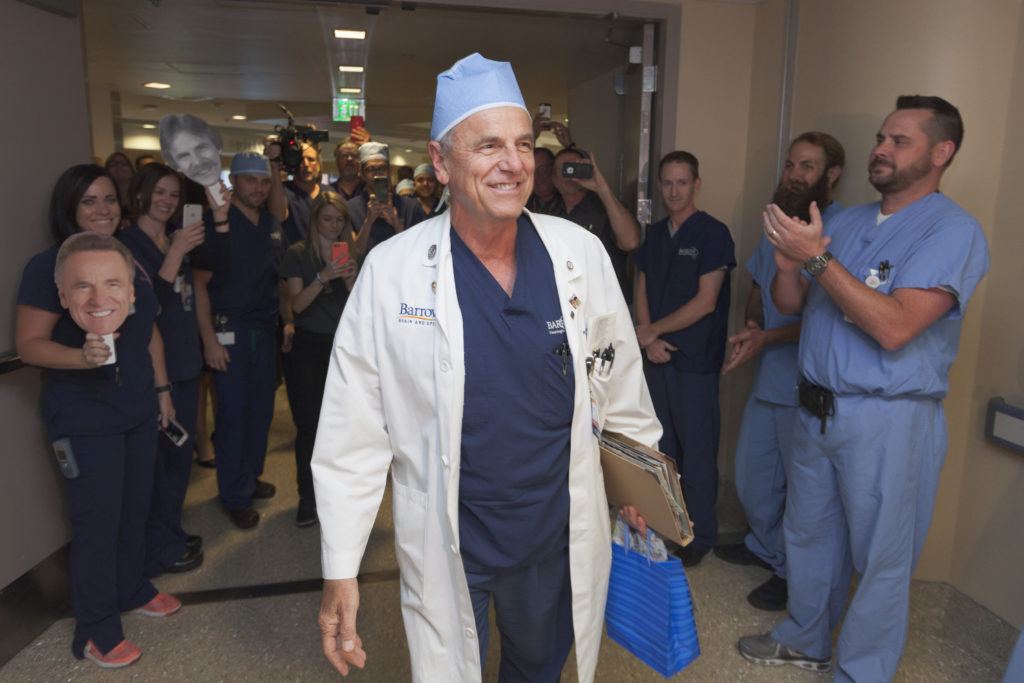
The Congress of Neurological Surgeons has named Robert F. Spetzler, MD, the Honored Guest for its 2022 meeting. He is the only two-time recipient of this recognition, which is considered the most prestigious in neurosurgery. Dr. Spetzler also made history in 1994, at age 49, when he became the youngest neurosurgeon ever selected as the CNS Honored Guest. Barrow is the only institution to have received three CNS Honored Guest designations, with Volker K.H. Sonntag, MD, earning the award in 2002. Learn more.
NIH R21 Grant
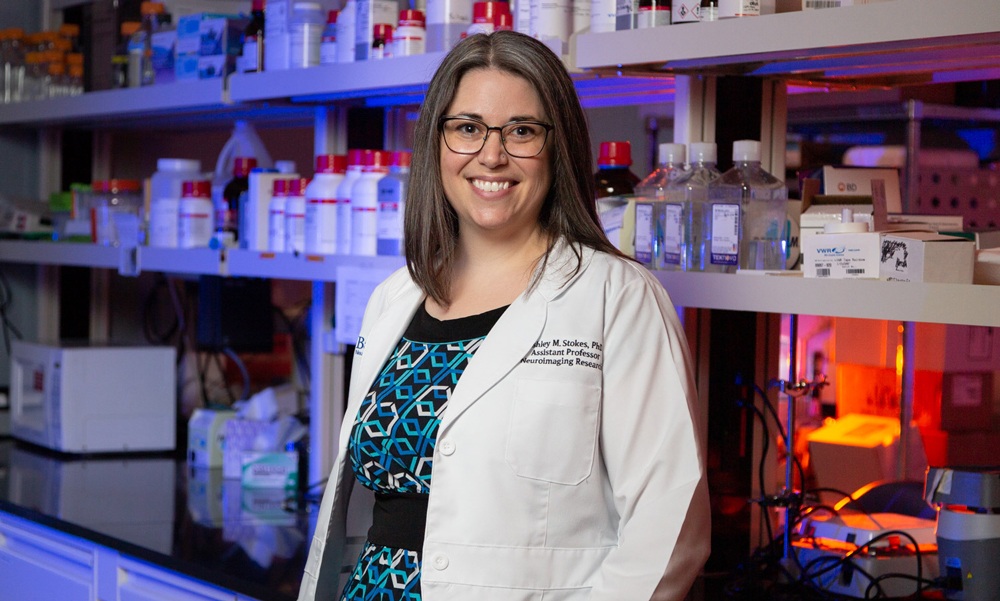
The National Institutes of Health (NIH) has awarded an R21 grant to Ashley Stokes, PhD, an assistant professor in the Barrow Neuroimaging Innovation Center, to explore the role blood flow plays in the loss and spontaneous repair of myelin. The project, supported fo two years with the $275,000 grant, aims to develop magnetic resonance imaging (MRI) biomarkers to determine whether blood vessel function can anticipate demyelination and remyelination of multiple sclerosis lesions. Learn more.
National MS Society Grant
The National Multiple Sclerosis Society has awarded a $600,000 grant to Richard Dortch, PhD, to develop a widely accessible method for imaging myelin changes. Dr. Dortch, an associate professor in the Barrow Neuroimaging Innovation Center, proposed selective inversion recovery (SIR) as a solution to the lack of established and easy-to-implement MRI measures of myelin repair. Equipping institutions with tools to evaluate remyelination therapies for MS could help lay a foundation for future clinical trials. Learn more.
WNS Editor’s Choice Paper
A paper from Barrow Neurological Institute was selected as an Editor’s Choice article for the September issue of World Neurosurgery. Juan Uribe, MD, Chief of the Division of Spinal Disorders at Barrow, was the first author on the paper: “Are Minimally Invasive Spine Surgeons or Classical Open Spine Surgeons More Consistent with Their Treatment of Adult Spinal Deformity?” Thanks to a partnership between World Neurosurgery and The Neurosurgical Atlas, the manuscript is available as free access for 12 months.
AZ Neurosurgical Society Awards
At the AZ Neurosurgical Society meeting, Barrow PGY-4 neurosurgery resident Baltazar Zavala, MD, PhD, won the first place John Green Award for his talk: “Local field potential recordings from a chronically implanted deep brain stimulation internal pulse generator.”
Barrow chief neurosurgery resident Benjamin Hendricks, MD, received the second place Philip Carter Award for his talk: “Supratentorial cavernous malformation surgery: hotspots of novel cerebral risk.”
Neurosurgical Focus Publication
An article from Barrow Neurological Institute that was highly rated as an oral presentation at the 2022 American Association of Neurological Surgeons (AANS) meeting was published in the September issue of Neurosurgical Focus. The article highlights Renaissance surgeon Ambroise Paré, emphasizing his contributions to neurosurgery and functional recovery. It was led by Marian Park, a Creighton University School of Medicine student who has been working in the Edith and Loyal Davis Neurosurgery Laboratory over the past two years. Laboratory director Mark Preul, MD, described it as the most detailed and best researched article ever written on Paré. Barrow neurosurgery research fellows Lena Mary Houlihan, MD, PhD, and Giancarlo Mignucci-Jiménez, MD, also contributed to the article.


